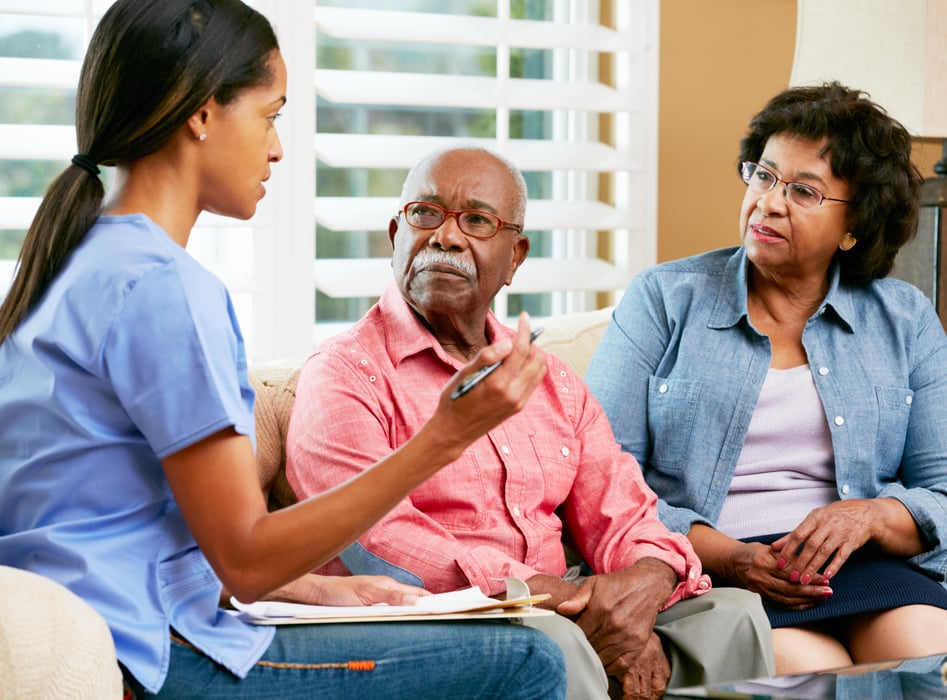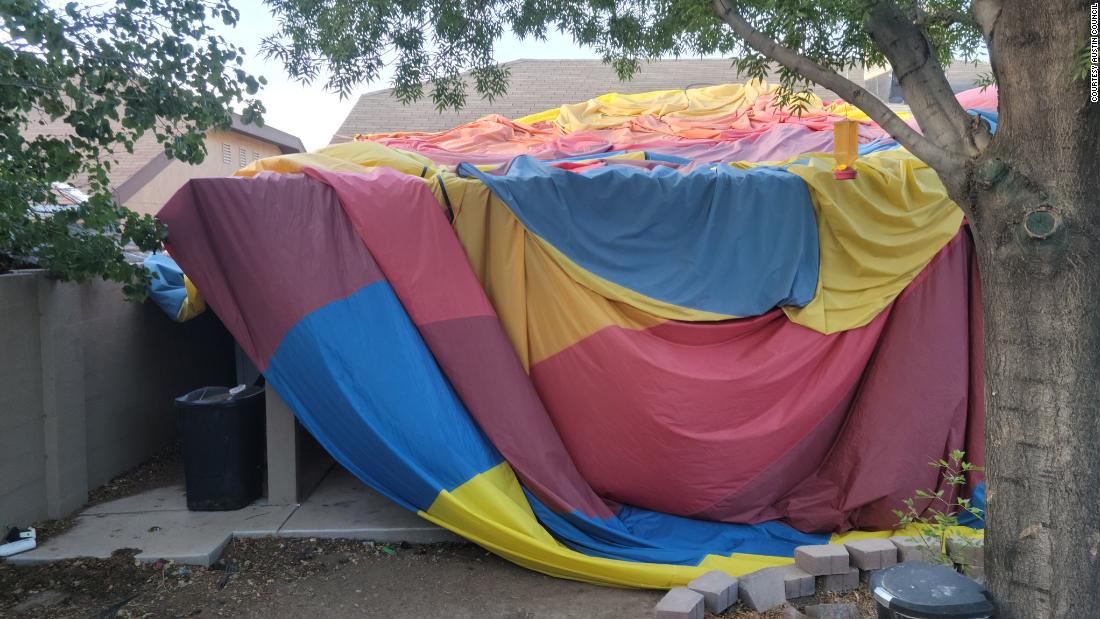Oct. 28, 2021 -- Nearly two-thirds of Americans are not assured that they understood their doctor’s recommendations and the wellness accusation they discussed with their doc aft a visit, according to a new survey.
Confusion implicit wellness accusation and doc proposal is adjacent higher among radical who attraction for patients than among those who don’t supply attraction to their loved ones, the nationally typical survey from the AHIMA Foundation found.
The survey besides shows that 80% of Americans -- and an adjacent higher information of caregivers -- are apt to probe aesculapian recommendations online aft a doctor’s visit. But 1 successful 4 radical don’t cognize however to entree their ain aesculapian records oregon find it hard to bash so.
The findings bespeak the aforesaid low level of wellness literacy successful the U.S. colonisation that earlier surveys did. The results besides bespeak that small has changed since the Department of Health and Human Services released a National Action Plan to Improve Health Literacy successful 2010.
That program emphasized the request to make and stock close wellness accusation that helps radical marque decisions; to beforehand changes successful the wellness attraction strategy that amended wellness information, communication, informed decision-making, and entree to wellness services; and to summation the sharing and usage of evidence-based wellness literacy practices.
According to the AHIMA Foundation report, 62% of Americans are not definite they recognize their doctor’s proposal and the wellness accusation discussed during a visit. Twenty-four percent accidental they don’t comprehend immoderate of it, and 31% can’t retrieve what was said during the visit. Fifteen percent of those surveyed said they were much confused astir their wellness than they were earlier the brushwood with their doctor.
Caregivers Have Special Issues
Forty-three percent of Americans are caregivers, the study notes, and 91% of those play an progressive relation successful managing idiosyncratic else’s health. Millennials (65%) and Gen Xers (50%) are importantly much apt than Gen Zers (39%) and Boomers (20%) to beryllium a caregiver.
Most caregivers person concerns astir their loved ones’ quality to negociate their ain health. Most of them judge that doctors supply capable information, but 38% don’t judge a doc tin pass efficaciously with the diligent if the caregiver is not present.
Forty-three percent of caretakers don’t deliberation their loved ones tin recognize aesculapian accusation connected their own. On the different hand, caregivers are much apt than radical who don’t supply attraction to accidental the doc confused them and to probe the doctor’s proposal aft an appointment.
For galore patients and caregivers, communications interruption down erstwhile they are with their wellness attraction provider. Twenty-two percent of Americans accidental they bash not consciousness comfy asking their doc definite wellness questions. This inability to person a satisfactory dialog with their doc means that galore patients permission their appointments without getting wide answers to their questions (24%) oregon without having an accidental to inquire immoderate questions astatine each (17%).
This is not surprising, considering that a 2018 survey recovered that doctors walk only 11 seconds, connected average, listening to patients earlier interrupting them.
Depending connected the Internet
Overall, the AHIMA survey found, 42% of Americans probe their doctor’s recommendations aft an appointment. A higher percent of caregivers than non-caregiver peers bash truthful (47% vs. 38%). Eighty percent of respondents accidental they are “likely” to probe their doctor’s proposal online aft a visit.
When they person a aesculapian occupation oregon a question astir their condition, conscionable arsenic galore Americans (59%) crook to the net for an reply arsenic interaction their doc directly, the survey found. Twenty-nine percent of the respondents consult friends, family, oregon colleagues; 23% look up aesculapian records if they’re easy accessible; 19% inquire pharmacists for advice; and 6% telephone an unspecified 800 number.
Americans consciousness unafraid successful the wellness accusation they find connected the internet. Among those who spell online to look up information, 86% are assured that it is credible. And 42% study feeling relieved that they tin find a batch of accusation astir their wellness concerns. Respondents besides accidental that the accusation they stitchery allows them to consciousness much assured successful their doctor’s recommendations (35%) and that they consciousness amended aft having learned much connected the net than their doc had told them (39%). Men are much apt than women to accidental that their assurance successful their doctor’s recommendations accrued aft doing online probe (40% vs. 30%).
Access to Health Records
Access to aesculapian records would assistance radical amended recognize their information oregon diagnosis. But astir fractional of Americans (48%) admit they don’t usually reappraisal their aesculapian records until agelong aft an appointment, and 52% accidental they seldom entree their records astatine all.
One successful 4 Americans accidental that they don’t cognize wherever to spell to entree their wellness accusation oregon that they didn’t find the process easy. More than fractional of those who person ne'er had to find their records deliberation the process would beryllium hard if they had to try.
Eighty-one percent of Americans usage an online level oregon portal to entree their aesculapian records oregon wellness information. Two-thirds of Americans who usage an online portal spot that their aesculapian accusation is kept harmless and not shared with different radical oregon organizations.
Four successful 5 respondents hold that if they had entree to each of their wellness information, including aesculapian records, recommendations, conditions, and trial results, they’d spot an betterment successful their wellness management. Fifty-nine percent of them judge they’d besides beryllium much assured astir knowing their health, and 47% accidental they’d person greater spot successful their doctor’s recommendations. Higher percentages of caregivers than non-caregivers accidental the same.
Younger people, those with a precocious schoolhouse grade oregon less, and those who gain little than $50,000 are little apt than older, amended educated, and much affluent radical to recognize their doctor’s wellness accusation and to inquire questions of their providers.
People of colour conflict with their relationships with doctors, are little satisfied than achromatic radical with the accusation they person during visits, and are much apt than achromatic peers to consciousness that if they had entree to each their wellness information, they’d negociate their wellness amended and beryllium much assured successful their doctors’ recommendations, the survey found.









 English (US) ·
English (US) ·